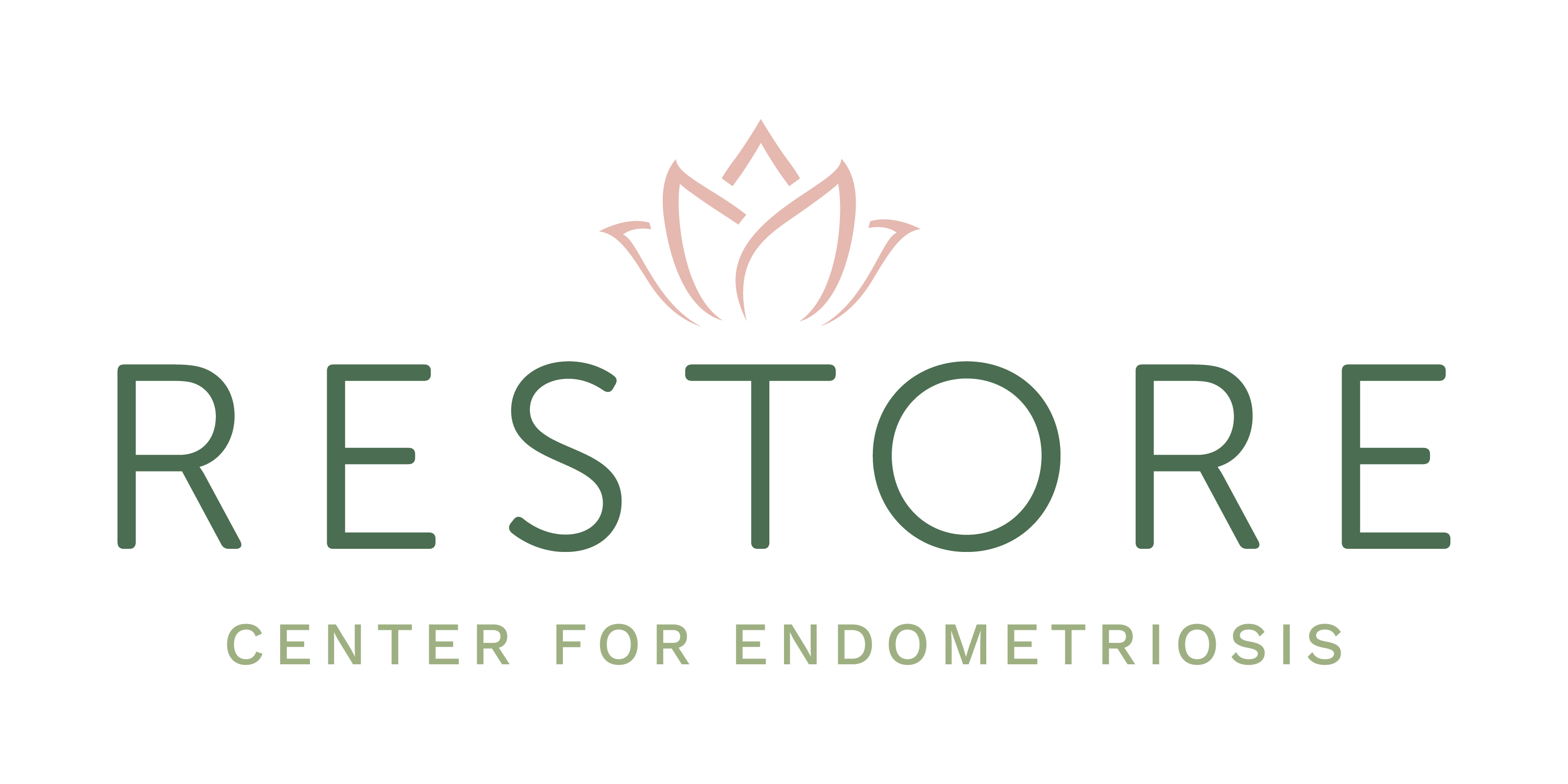Fertility and Endometriosis

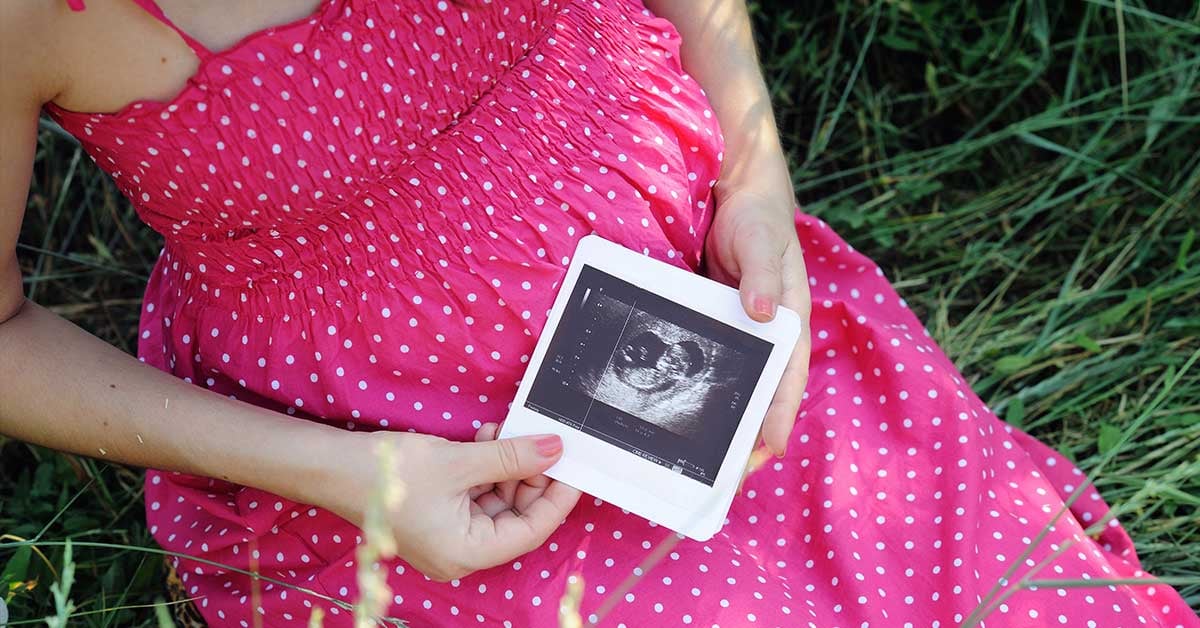
Is Pregnancy Possible After Endo?
The relationship between fertility and endometriosis is complex and multifaceted. Endometriosis can significantly impact your fertility due to the presence of endometrial-like tissue outside the uterus, which can lead to inflammation, scarring, and distortion of the pelvic anatomy.
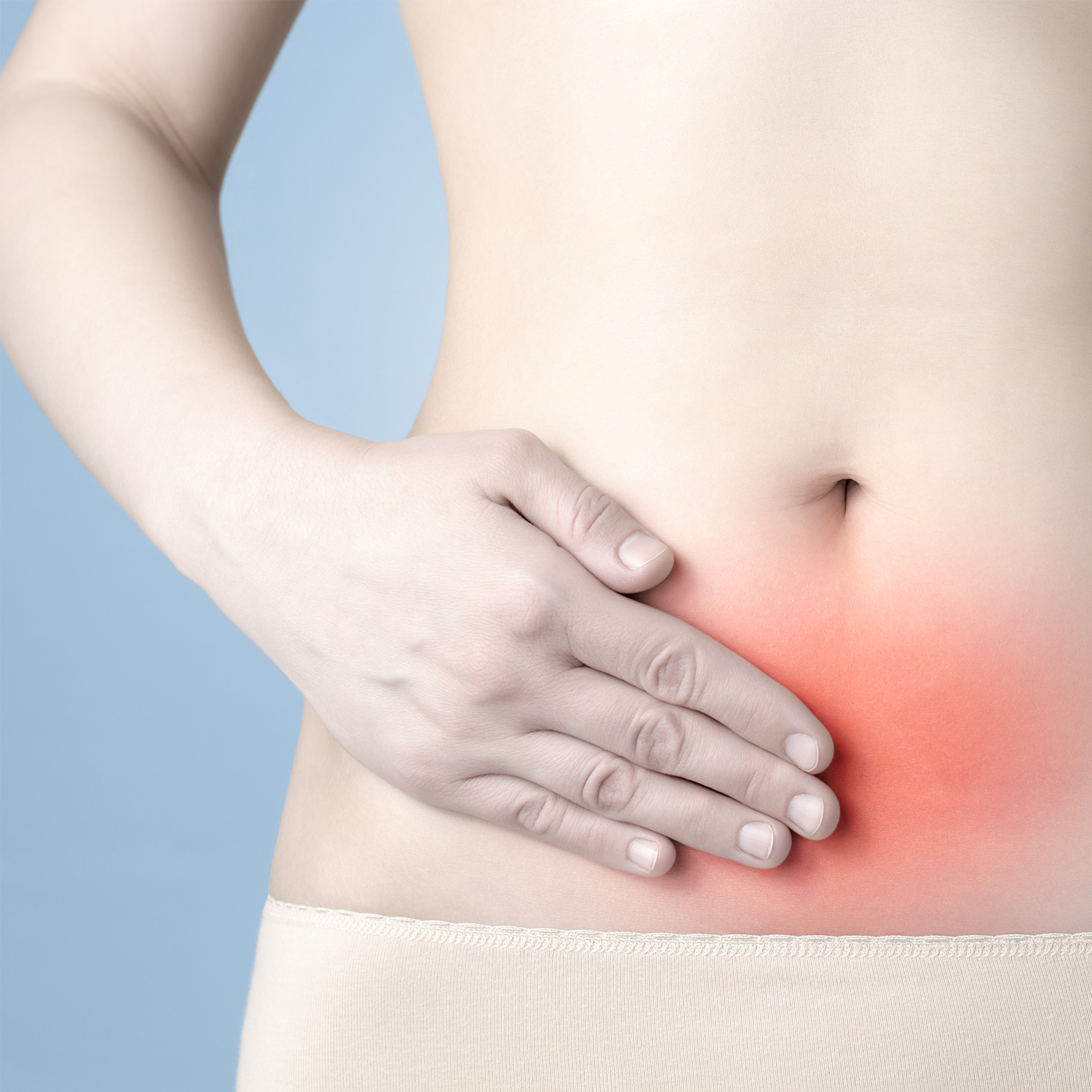
How Does Endo Affect Fertility?
Some of the ways in which endometriosis affects fertility include the following:
- Ovulatory Dysfunction. Endometriosis can disrupt normal ovulation, leading to irregular menstrual cycles and reduced fertility.
- Tubal Dysfunction. Endometriosis can cause adhesions and scarring in the fallopian tubes, hindering the passage of eggs from the ovaries to the uterus and impairing fertilization.
- Implantation Issues. The presence of endometrial implants outside the uterus can create a hostile environment for embryo implantation, reducing the chances of successful pregnancy.
- Inflammation and Immune Dysfunction. Endometriosis is associated with chronic inflammation and immune system abnormalities, which may negatively impact fertility by affecting the quality of eggs, sperm, and embryos.
- Ovarian Reserve. Endometriosis may affect ovarian function and reduce ovarian reserve, potentially diminishing a woman's fertility potential over time.
While endometriosis is known to be a leading cause of infertility, it's essential to recognize that not all women with endometriosis experience fertility problems. The severity of endometriosis, the location and extent of the lesions, and individual factors such as age and overall reproductive health all play a role in determining fertility outcomes.
Despite the challenges posed by endometriosis, many women with the condition can conceive with appropriate treatment and support.
Strategies such as lifestyle modifications, hormonal management (with targeted hormonal evaluation and support), surgical intervention (such as Optimal Excision by LAPEX surgery) can help improve fertility outcomes for women with endometriosis, even without or after assisted reproductive techniques
At RESTORE Center for Endometriosis, we believe in restoring your health, fertility, and quality of life. Led by Dr. Patrick Yeung, a specialist in Optimal Excision LAPEX surgery, we offer compassionate care and effective treatments tailored to your needs.
If you're struggling with endometriosis and dreaming of starting or growing your family, you're in the right place.
If you're struggling with endometriosis and dreaming of starting or growing your family, you're in the right place.
Why Choose RESTORE Center for Endometriosis?
At RESTORE Center for Endometriosis, we understand that living with endometriosis can be challenging, especially when it comes to fertility concerns. That's why we're dedicated to providing root cause treatment instead of bypassing the underlying problem that does not improve symptoms.
With over 4,000 cases completed, Dr. Yeung brings unparalleled expertise in optimal excision and adhesion prevention, offering you the best chance at preserving or restoring your natural fertility.
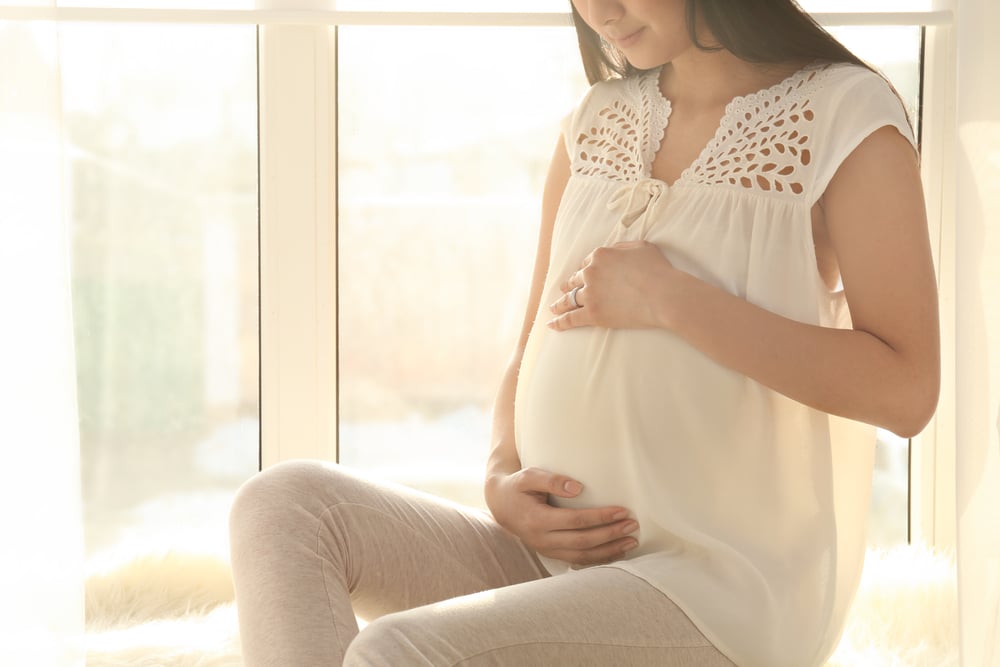
Our Approach to Treatment
Unlike some approaches that focus on temporary relief, the RESTORE Center for Endometriosis approach is centered on removing the root cause of endometriosis. We specialize in Optimal Excision by LAPEX surgery, which involves meticulously removing all visible disease to restore your reproductive health and natural fertility.
Additionally, our advanced techniques in adhesion prevention help prevent scar tissue from forming after surgery, minimizing the risk of complications and maximizing your chances of conception.
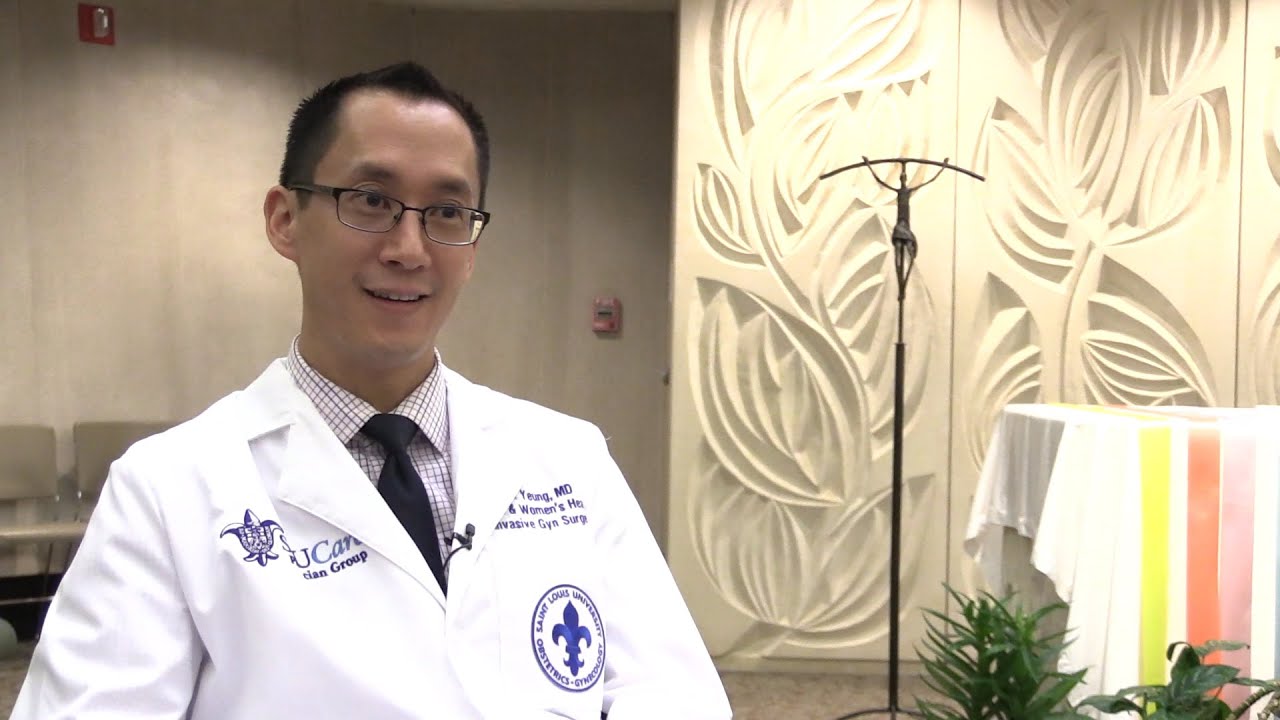
Restoring Your Fertility Naturally
At RESTORE Center for Endometriosis, we believe in empowering you to achieve your dream of motherhood naturally. Our procedure is not just a Band-Aid or bypass solution, it's a comprehensive approach to restoring your natural fertility.
By addressing the underlying root problem and removing the endometriosis, we give you the best possible chance of conceiving naturally, and often recurring fertility, without the need for costly fertility treatments like IVF.

Empowering Your Journey
Navigating fertility challenges can be overwhelming, which is why we're here to support you every step of the way. From personalized treatment plans to compassionate care, our team is dedicated to helping you achieve your goals.
Whether you're just beginning your fertility journey or seeking alternatives to IVF, we're here to provide the guidance and expertise you need.

Taking That Difficult, Yet Crucial, First Step...
If you're ready to take the first step towards restoring your fertility and reclaiming your life, we invite you to schedule an appointment with Dr. Yeung at the RESTORE Center for Endometriosis.
We’d be honored to help you on your journey towards wellness and motherhood. Your dream of starting or expanding your family is within reach, and we're here to make it a reality.
Common Questions about Fertility and Endometriosis
-
1. What is endometriosis, and how does it affect fertility?
Endometriosis is a condition where tissue similar to the lining of the uterus grows outside of it, causing inflammation, a hostile pelvic environment adhesions. These abnormalities can interfere with the normal function of the reproductive organs, leading to fertility issues such as blocked fallopian tubes, ovarian cysts, and hormonal imbalances.
-
2. Can I get pregnant naturally if I have endometriosis?
Yes, it is possible to conceive naturally with endometriosis, although it may be more challenging for many women. The severity of the condition, the presence of other fertility factors, and the effectiveness of treatment all play a role in determining fertility outcomes.
-
3. How does Optimal Excision LAPEX surgery improve fertility in women with endometriosis?
Optimal Excision by LAPEX surgery involves the meticulous removal of all visible lesions consistent with endometriosis and affected tissues. It addresses the root cause of endometriosis by removing the abnormal tissue. By doing so, this surgery can improve fertility by restoring the normal function of the reproductive organs and reducing inflammation and scarring.
-
4. Is IVF the only option for women with endometriosis who are struggling to conceive?
While IVF can be an effective option for some women with endometriosis, it is not the only solution. Optimal Excision by LAPEX surgery offers a less invasive and less costly alternative that addresses the underlying cause of endometriosis, potentially improving fertility without the need for assisted reproductive technologies.
Studies have found that when the root cause issues are addressed and optimization of surgical and non-surgical factors for fertility is achieved, pregnancy can occur in up to 70% of patients in 1-2 years, with many women having recurring natural fertility. surgery is performed while the disease is still in early stages, the chances of conceiving after excision is 80%-85%. This is compelling when the national average rate of pregnancy with IVF is 32%. -
5. What are the benefits of choosing root cause treatment for endometriosis-related fertility issues?
Root cause treatment, such as Optimal Excision by LAPEX surgery, offers several benefits for women struggling with endometriosis-related fertility issues. These include:
- Restoring natural fertility without the need for invasive or costly fertility treatments
Minimizing the risk of complications and side effects associated with long-term medications or IVF - Preserving or restoring reproductive health for women who wish to conceive in the future that often leading to recurring natural fertility
- Improving quality of life, pain and sexual functioning, which are problems that often remain after or are exacerbated by IVF
- Restoring natural fertility without the need for invasive or costly fertility treatments
-
6. How long does it take to recover from Optimal Excision LAPEX surgery, and when can I start trying to conceive?
Recovery time from Optimal Excision by LAPEX surgery varies depending on individual factors such as the extent of the surgery and overall health. In general, most women can resume normal activities within a few weeks. A thorough postoperative evaluation by your healthcare provider will confirm when it is safe for you to start trying to conceive.
We hope these answers have given you some of the clarity you need as you face the fertility challenges associated with endometriosis. But a website cannot replicate the care and support of a doctor who understands and empathizes with what you’re going through.
Dr. Yeung has a true heart for women with endometriosis-associated infertility, and he’ll tell you that we are “all in this together.” He and his wife Dorothy struggled with infertility and endometriosis for over 4 years. They now have 5 children.
If you have additional questions or concerns, please reach out to our team at the RESTORE Center for Endometriosis for personalized guidance and support.

